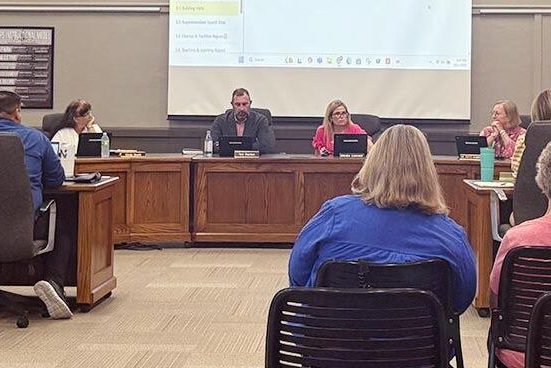State pension payments are increasing 4.1% next month
The DWP has clarified what powers it has to take funds from claimants’ bank accounts after a person received a letter warning it may try to recover overpayments. A relative of someone who had died while receiving their state pension received a letter from the DWP.
It stated that there were no arrears on their account but went on to say: “If there has been an overpayment we will try to recover this directly from the deceased’s account.”
The DWP was asked to clarify what this refers to, particularly as legislation is currently going through Parliament to grant DWP investigators powers to directly deduct an amount from a person’s bank account in cases where a person has wrongly received a payment and is refusing to pay up.
The department said that in the case where a payment wrongly goes out after a person has died, they can request for the bank or individual to repay the amount, under the common law of restitution. A spokesperson said: “It is not our intention to cause distress, however, we have a responsibility to taxpayers to recover overpayments. We acknowledge this is not always possible.
“Whilst there is no legal obligation to repay a debt of this type, we recognise some people will be willing to repay money to which there was no entitlement. We provide full contact details and encourage anyone with concerns to call us.”
The DWP said it does not send out any further letters requesting repayment if there is no response. This type of overpayment can occur if the department does not receive notice of the person’s death in time to stop the payment going out.
This is different from laws currently being considered by MPs which would allow officials to directly take funds from a person’s bank account, in cases of fraud or other wrongful payments. The DWP can make deductions from a person’s benefits or directly from their PAYE earnings as a way to recover funds, but the new powers will allow them to target people who are not currently receiving benefits or payments.
In a case where investigators plan to make a deduction, they will have to request at least three months of bank statements, to confirm the person has the funds available to pay up. The deduction can be a one-off lump sum amount or through regular amounts. The person will get at least a 28-day notice period to dispute the matter.
The powers will also allow investigators to check the eligibility of those on benefits, by requesting banks to hand over details of accounts that receive benefits. These checks will initially be used for those on Universal Credit, Employment and Support Allowance and Pension Credit, but they could be used for other benefits.
State pension payments are increasing 4.1% from April, with the full basic state pension increasing to £176.45 a week while the full new state pension will rise to £230.25 a week.








